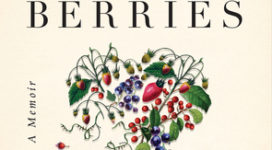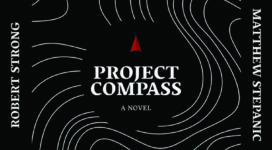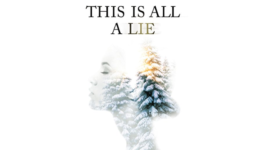
Decolonial Confession: A Review of Terese Marie Mailhot’s Heart Berries
Heart Berries
Terese Marie Mailhot
Doubleday Canada
Review by Cody Caetano
Often when I’m reading memoir, I’ll remember a quote from a misguided Neil Genzlinger, who penned “The Problem With Memoirs” for The New York Times in 2011: “There was a time when you had to earn the right to draft a memoir… Sure, [Amazon] has authors who would be memoir-eligible under the old rules. But they are lost in a sea of people you’ve never heard of” (italics mine). It is important to note that marginalized memoirists, especially early-career Indigenous women, Two-Spirit, and queer folks, have fraught histories with Genzlinger-types, their “old rules” and antiquated tastes that mar the merit of writing, publishing, and participating in the predominantly white spaces of the literary world. And then along comes Terese Marie Mailhot, a Salish First Nation woman from Seabird Island Indian Reservation with the assertion that memoir “functions as something vulnerable in a sea of posturing” (137). And it is in vulnerability that Mailhot effectively rejects the moth-eaten straightjacket that would otherwise restrict the inventive, decolonial confession of Heart Berries.
Continue reading Decolonial Confession: A Review of Terese Marie Mailhot’s Heart Berries







